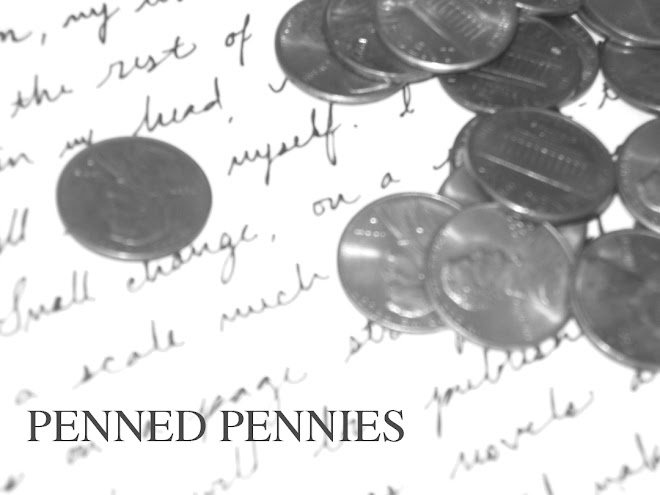About a year ago I learned through my aunt that my cousin Lisa (see her blog here) was actually making a living as a writer. BUT HOW, I thought. My own writing successes to that point had all been unpaid, and she’s a year younger than me. Granted, she was living in Oregon where, I’ve heard, the average cost of living is significantly less than in Los Angeles or Santa Barbara. But still.
So I sent off a Facebook message pleading for her secret, and Lisa kindly introduced me to Demand Media. This host company hires writers to create content for publishing outlets such as ehow.com, livestrong.com, and USA Today. And it pays. My thought: sign me up!
In August of 2010 I applied to be a Demand Studios writer. Thanks to the writing credits under my belt from my internship at Santa Barbara Magazine, I was accepted with no trouble. And here, you may notice, that was back in August of 2010. That’s about when I found myself in trouble: I had no idea what to do next. Despite Lisa’s generous, and useful, advice, I failed to tackle article writing for Demand Media.
I’m not sure what spurred me to it now, ten months later. I have spent the last almost-year passionately absorbed in (and frustrated by) fiction, and I don’t regret this one bit. Even as I begin to explore being a writer for Demand Media, I continue to revise my novel. But since I find my writing energies are somewhat all-or-nothing, sometimes I find myself in a fix. Any time spent on articles is time taken away from fiction, and vice versa. Fiction is my true passion. And as yet, unpaid. It’s a balance I’m just beginning to figure out.
That said, I am proud to announce my first article for ehow.com was accepted yesterday. Ta da! Check it out here. Now that I know the ins and outs of how to make a brass rubbing, maybe next time I’m in Europe, I’ll try it!







